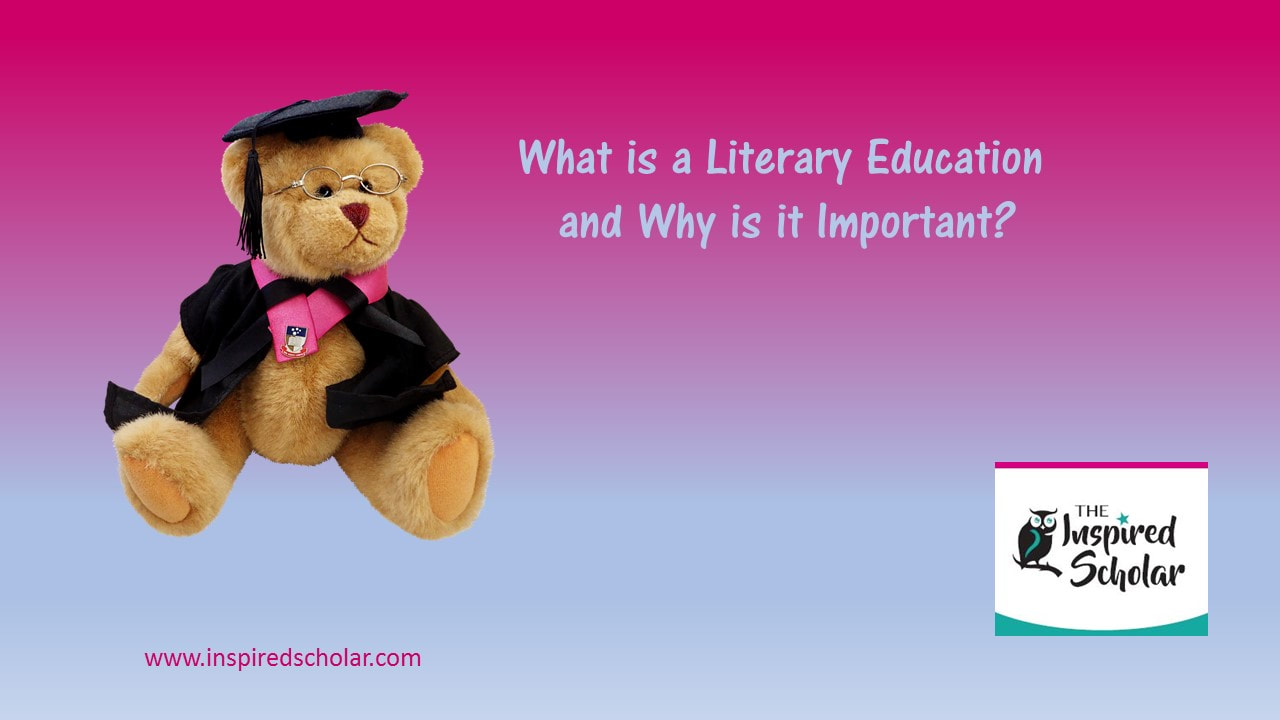|
Epiphany - an illuminating discovery, realization, or disclosure
https://www.merriam-webster.com/dictionary/epiphany I am an early riser. If you or your children have ever noticed the time I submit feedback on assignments, you will often notice that it was submitted at 5:30 a.m. or 6:00 a.m. Not only am I an early riser, but my mind is on overdrive the moment I am conscious. This morning’s topic on my mind was an epiphany...that feeling that you truly “get” something. Charlotte Mason has long been my educational mentor and I have studied her ideas at great length. I have also adapted her approach in homeschooling my own children. Basically, she advocates a literary education. But what does this mean, exactly? I know she condemns “twaddle” her word for inferior literature and I condemn it as well. Why waste precious time on reading that is useless when there is so much loftier and uplifting material at hand? So this morning, my 5:00 a.m. epiphany centered on science. I still own some excellent science textbooks, however, that is just the point. They are textbooks, and no matter how good they are, they are not particularly inspiring. A literary science book, on the other hand is!!! I know this in the depths of my soul, but could never quite articulate it. When was the last time you heard someone say they were inspired by their textbook reading? This applies to other subjects as well of course. It is why my literature courses use classics, not literature textbooks. We read the whole book, not just a snippet or chapter and explore it in depth. Some examples of literary science books I have read and been inspired by are below. I have learned so much from them and far more than I would have learned by reading a textbook. But the most important thing is that I care! Charlotte Mason says... “The question is not, -- how much does the youth know? when he has finished his education-- but how much does he care? and about how many orders of things does he care? In fact, how large is the room in which he finds his feet set?and, therefore, how full is the life he has before him?" Charlotte Mason - 19th century educator [This post contains affiliate links for products I love. If you make a purchase through one of these links, I will earn a commission at no extra cost to you.] I read Moths of the Limberlost by Gene Stratton Porter out of curiosity, not because I was particularly interested in moths. How did I come to read this book? Through literature! First, I read Porter’s book, Laddie, which I liked so much that I then read, Girl of the Limberlost. A biology textbook would tell me that moths are insects in the animal kingdom. Big deal. Who cares? But after reading Porter’s book on moths, I have gained knowledge and a real appreciation for these insects. Starlight in Time by Dr. Humphreys explains how light-years figure into a young Earth creation timeline. He also discusses black holes, white holes, and the expanding universe. These are just a small sample of literary science books. I have learned so much from them and far more than I would have learned by reading a textbook. You can learn most anything through the avenue of literature. Literature isn’t just novels. Comments are closed.
|
Renee MetcalfWhere will you find me when I am not teaching? For your reading pleasure!
August 2023
Topics
All
|

 RSS Feed
RSS Feed
